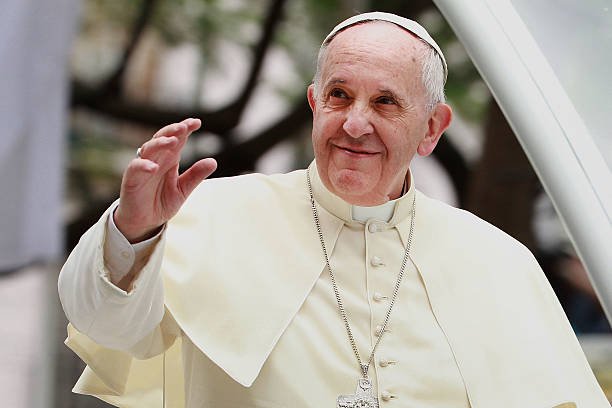A month-long summit at the Vatican concluded with a landmark call for women to assume greater leadership roles within the Catholic Church. The gathering, however, stopped short of addressing the aspirations of progressive Catholics advocating for the ordination of women as priests.
This historic synod capped a four-year global consultation process that sought the perspectives of Catholics from all walks of life. In an unprecedented move, Pope Francis expanded the traditional bishops’ conference to include 368 voting delegates, nearly 60 of whom were women. This decision was emblematic of the pontiff’s ongoing push for inclusivity within the 1.4-billion-strong Catholic Church.
Leadership Proposal Passes Despite Resistance
During the summit, all members voted on 151 proposals, each requiring a two-thirds majority to pass. Among these, the proposal urging greater leadership roles for women received the highest number of dissenting votes, underscoring the resistance within the predominantly male clergy.
The final document stated unequivocally that “there is no reason or impediment that should prevent women from carrying out leadership roles in the Church.” However, it did not extend to granting women the right to become deacons, ordained ministers who officiate certain sacraments but not mass. Currently, the Catholic Church reserves this role exclusively for men.
LGBTQ+ Inclusion and Other Reforms
Reform groups advocating for clearer pathways to welcome LGBTQ+ individuals also left the summit with mixed feelings. The final document only briefly referenced those who feel “excluded or judged” due to their “marital status, identity, or sexuality.” This omission was expected, according to Reverend James Martin, a Jesuit priest and synod member who works closely with the LGBTQ+ community.
For some, the absence of a direct acknowledgment of LGBTQ+ concerns and the cautious wording on women’s roles represent a missed opportunity to make bold strides toward inclusivity. Yet, others view these discussions as a vital step in the Church’s journey toward reform, no matter how incremental.
A Divided Response
The summit’s outcomes have drawn criticism from both ends of the ideological spectrum. Progressive Catholics, who had hoped for more transformative changes, expressed disappointment at the lack of concrete actions. Meanwhile, traditionalists have voiced concerns over the inclusion of laypeople in the decision-making process.
Pope Francis, now 87, described the final text as a “gift” to Catholics worldwide. The pontiff has long championed the idea that grassroots Catholics should have a greater say in shaping the Church’s future, challenging the traditional reliance on cardinals and bishops.
Fr. Timothy Radcliffe, a theologian and the summit’s chief spiritual advisor, highlighted the importance of fostering friendships across ideological divides. Speaking about the Church’s relationship with LGBTQ+ individuals, he remarked, “Such relationships deepen one’s faith, even amidst disagreements.”
Unity Through Compromise
While the summit aimed to promote unity, its tendency toward compromise and avoidance of controversial topics may leave many feeling marginalized. Observers have noted a lack of bold proposals, with the synod appearing to prioritize maintaining harmony over enacting sweeping reforms.
Despite these criticisms, supporters of the initiative believe that the outreach and dialogue fostered during the summit mark significant progress. The inclusion of women and laypeople in the synod is seen as a meaningful shift toward a more inclusive Church, even if the changes fall short of some expectations.
Future Implications
It remains uncertain how the outcomes of this summit will be translated into actionable reforms. While the call for women’s leadership roles signals a step forward, the resistance to more transformative changes like female ordination underscores the challenges the Church faces in balancing tradition with modernization.
As the Church continues to grapple with issues of inclusivity, the Vatican summit stands as both a milestone and a reminder of the long road ahead. Whether this initiative will pave the way for a more equitable Church or merely serve as a symbolic gesture remains to be seen.
